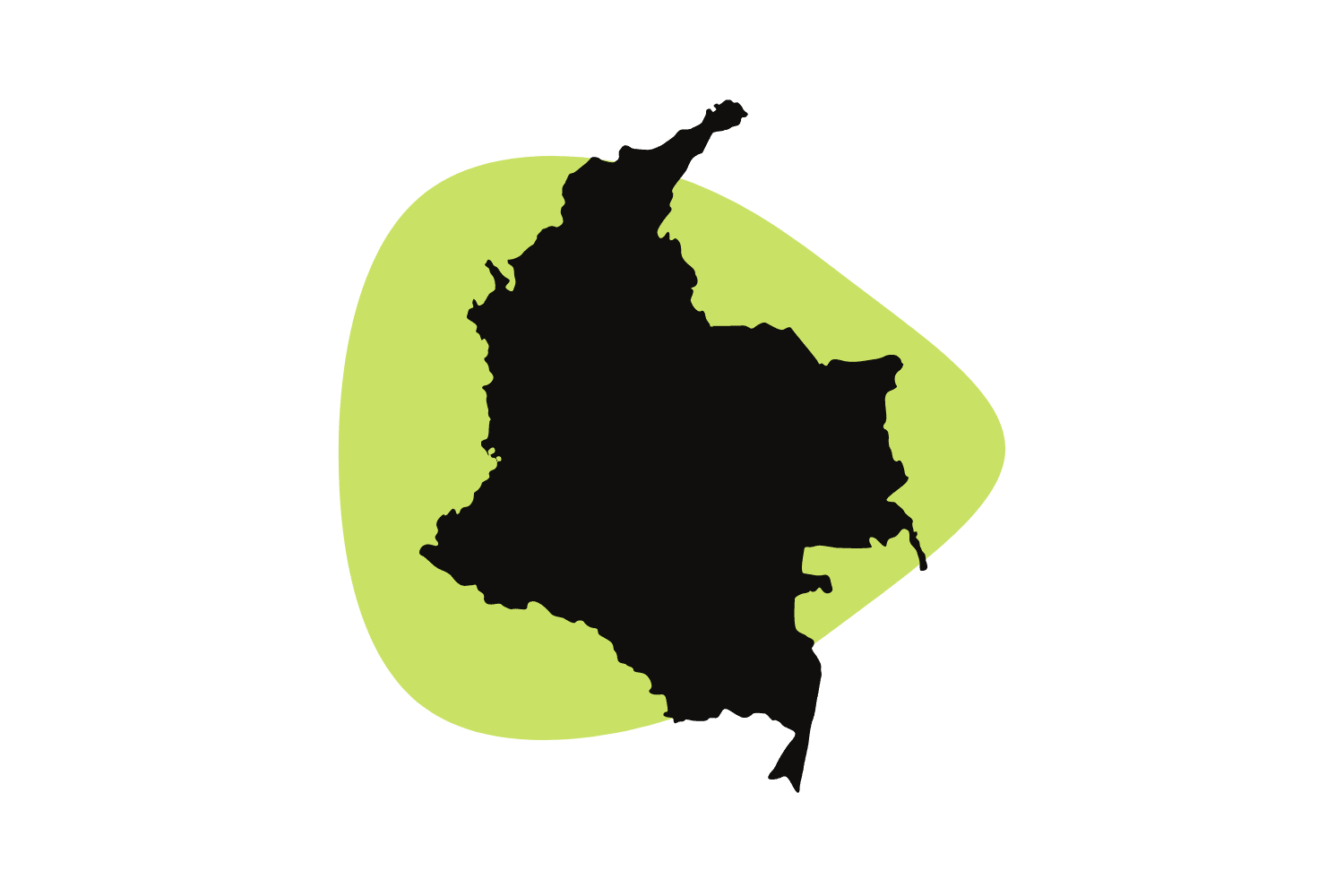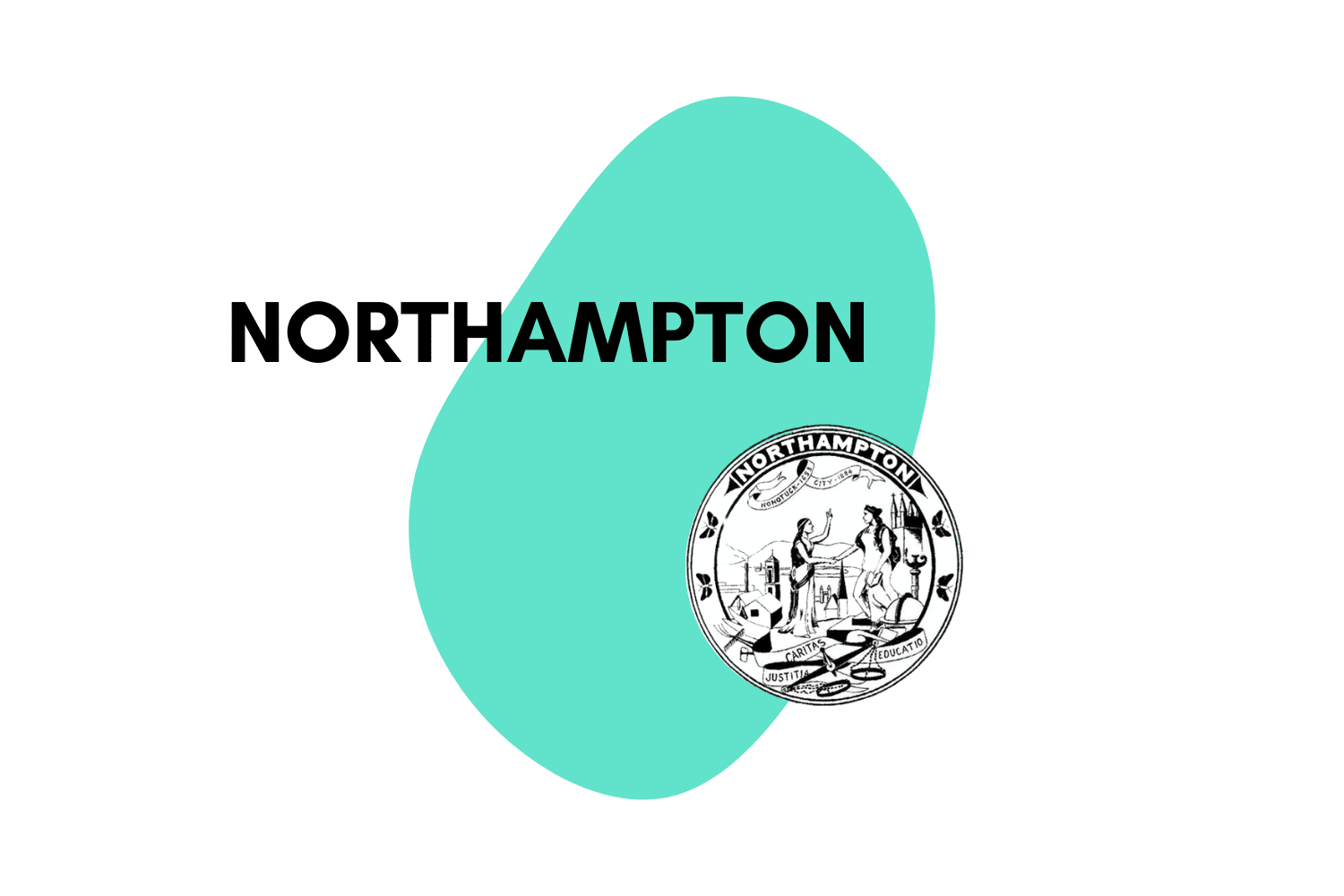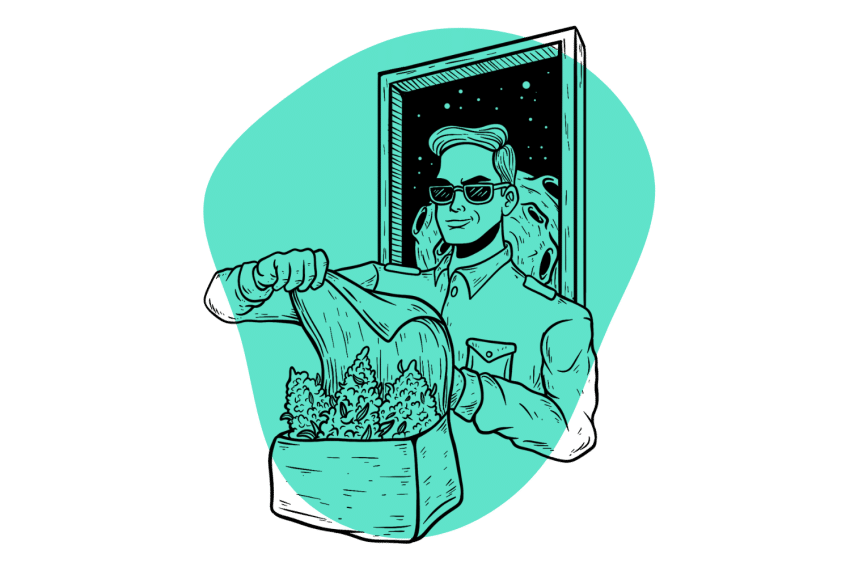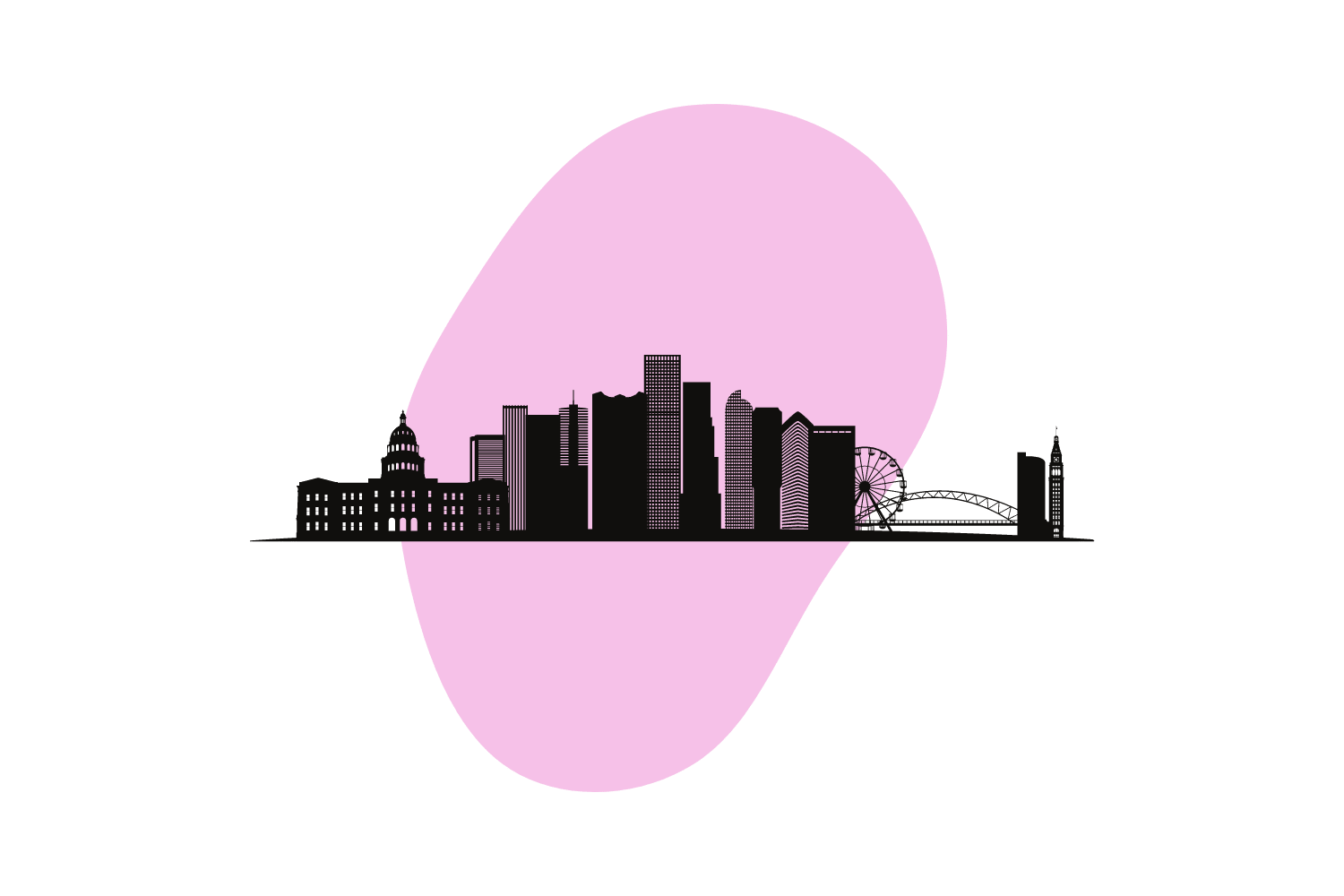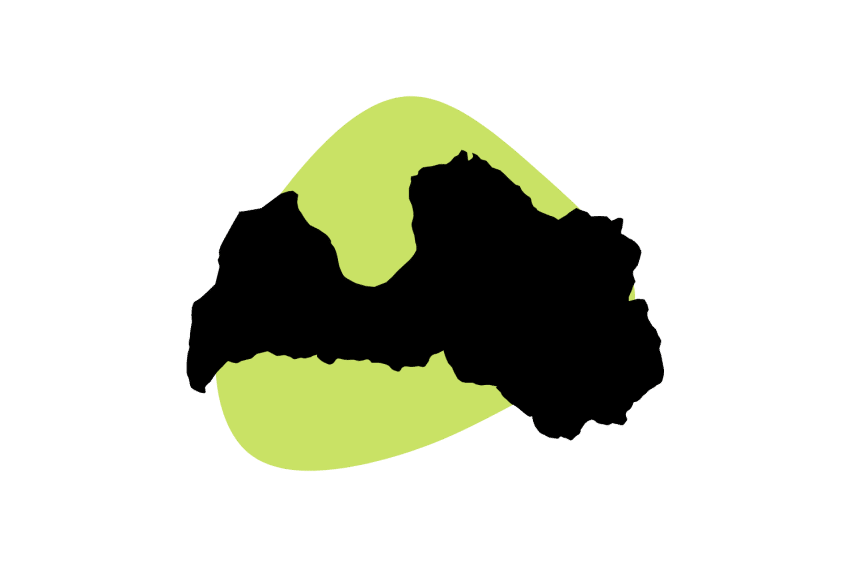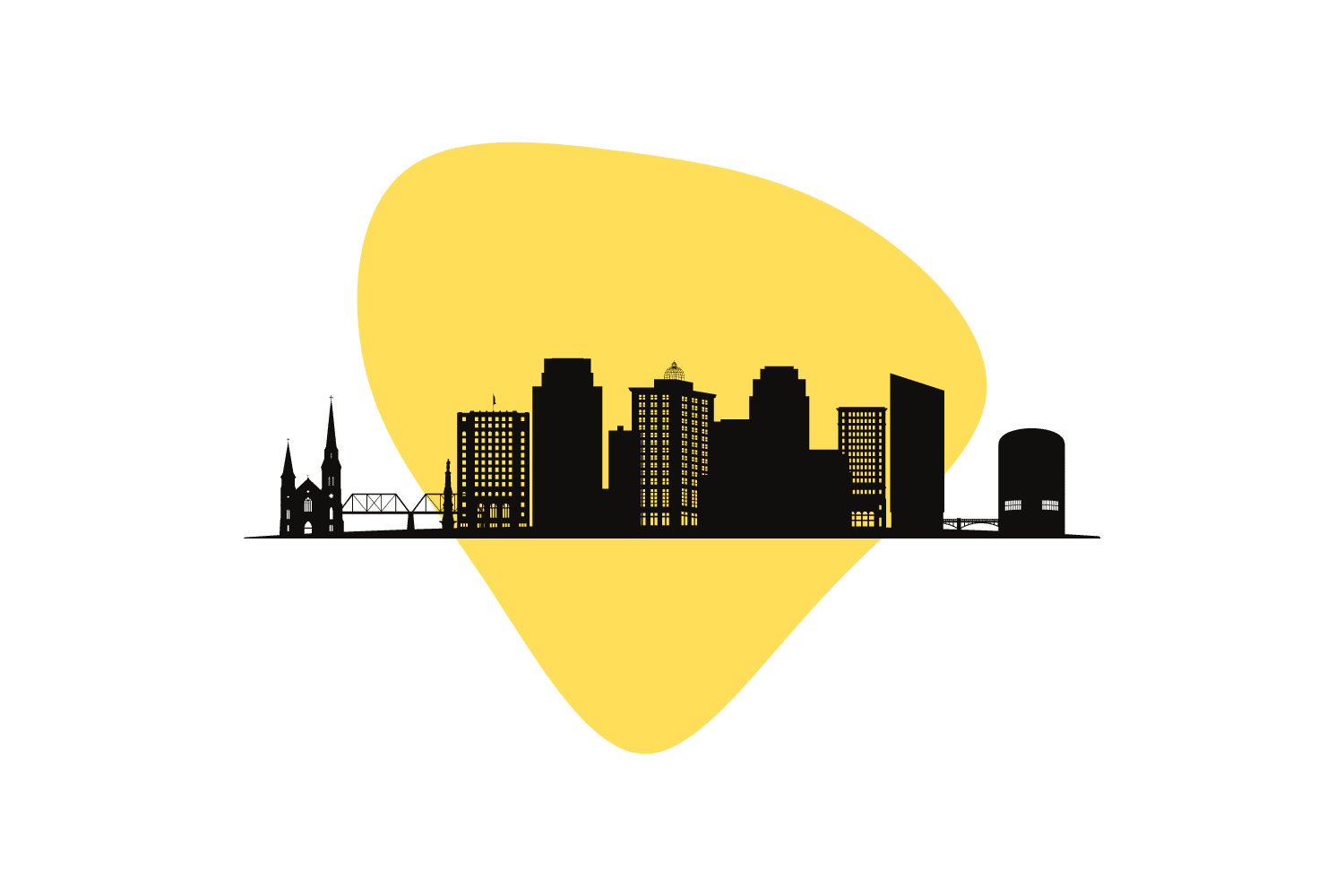What Are the Psychedelic Drug Laws in Delaware?
Delaware says NO to sales tax and an even bigger NO to psychedelics ⛔

This article will update you on the legality, properties, uses, and facts about psychedelic drugs. There’s a lot to be said and many contradictions in circulation.
Not all drugs in this spectrum are treated equally under state law. Here you will understand the difference between decriminalization and legalization.
We will tell you about the properties of the active substances in magic mushrooms and their medical use, the species that grow in the area, and the legal status of many other drugs.
Are Magic Mushrooms Legal in Delaware?
No. In Delaware, magic mushrooms are illegal.
All trafficking, cultivation, and possession of Schedule I drugs covered by HB19 and SB226 will be punishable by law as a misdemeanor or felony depending on quantities and aggravating factors.
Penalties range from 3 months to 55 years in prison.
Psilocybin, the primary psychoactive substance in psychedelic mushrooms, is classified as illegal for consumption and distribution. Currently, there are movements to reclassify psilocybin, arguing in favor of its medicinal uses and low addictive power.
However, despite all this, magic mushroom spores are legal for sale in almost all fifty states, including Delaware. This is because it is common to observe them with a microscope or use them as research material.
However, growing magic mushrooms from spores remains illegal.
Do Magic Mushrooms Grow Wild in Delaware?
Yes, you can find different species of mushrooms in Delaware and the mid-south area.
You can find breeds such as Gymnopilus luteus, Gymnopilus spectabilis, Panaeolus cinctulus, or Psilocybe Ovoideocystidiata.
The species can be found throughout most of the state, but local mushroom hunters agree that they predominate in Kent County.
What Are the Medicinal Uses of Shrooms?
In recent years, there has been a lot of research into the medicinal benefits of psilocybin.
This has gone hand in hand with movements calling for the reclassification and legal recognition of the drug.
In addition, numerous studies list psilocybin as effective for conditions including:
- Addiction & substance abuse
- Cluster headaches
- Depression
- Existential anxiety (palliative care)
- PTSD (post-traumatic stress syndrome)
The main argument of those who defend the medical use of psilocybin is that it has no addictive potential and that psilocybin therapy is research-supported.
Science also backs up the use of psilocybin and other psychedelics to improve problem-solving and boost creativity.
Is LSD Legal in Delaware?
No. LSD (lysergic acid diethylamide) is illegal in Delaware.
LSD is a semi-synthetic psychedelic mainly used recreationally. First synthesized in 1938, its use became widespread in the 1960s and continues to this day.
LSD is considered a Schedule I drug, and its penalties are set by HB19 and SB226, providing severe consequences for possession, sale, and production.
Is DMT Legal in Delaware?
No. DMT (dimethyltryptamine) is illegal in Delaware.
A highly hallucinogenic drug, DMT, gives the user a short but intense sensory experience.
DMT is another Schedule I drug. Its use, sale, and production are severely punishable by state law.
Dimethyltryptamine is one of the active components in ayahuasca, typical of Andean cultures, used for spiritual and ceremonial purposes, an experience that today many people still seek to have.
Is MDMA Legal in Delaware?
MDMA, more commonly known as ecstasy, is listed as illegal according to HB 19 and SB 226 in the state of Delaware.
MDMA is mainly used recreationally at raves or parties. However, there are also medicinal therapies based on MDMA use. These mainly address psychological pathologies such as depression, anxiety, and PTSD.
Nowadays, in the state, this type of therapy is only carried out under legal protection and the explicit consent of the patient. The only professional in the state authorized for their eventual use is Dr. Robert J. Stek, Ph.D. It is essential to understand that there are many legal issues in the middle of this.
Is Ketamine Legal in Delaware?
Yes. Ketamine use is legal in Delaware, strictly for medicinal use.
Ketamine is an anesthetic, dissociative and psychoactive drug that has been USED since the 1960s and is classified as a Schedule III drug. This is due to its low but existing potential for addiction. However, it is listed as one of the best analgesics in the medical field, and depending on its dosage, it can have different effects.
The law can be confusing, but the truth is that recreational ketamine is illegal in Delaware.
However, some therapies use ketamine for treating mood disorders and acute physical pain. In addition, it has been proven effective against depression and PTSD.
What’s the Difference Between Legalization & Decriminalization?
Legalization and decriminalization are legal concepts that apply to drugs and their legal status.
Legalization is the stripping of any illegality from a particular activity. That is, its possession, production, and regulated sales are legal. There are specific requirements to be fulfilled in this case, such as a minimum age, an ID, etc. An example is the case of marijuana in California or Oregon.
Decriminalization involves significantly reduced penalties and sentences for offenses involving the activity in question. It is a middle ground between complete illegality and legalization. It is a widely considered option for drugs with low addictive potential.

Key Takeaways: What’s the Future of Psychedelics in Delaware?
Psychedelic-based medical therapies are gaining more and more acceptance in the medical community due to their positive results. Drugs such as psilocybin, MDMA, ketamine, and LSD are on their way to being decriminalized for medical use.
In Delaware, this could even be confusing as it is a historically conservative state in this regard. This is because it has had severe drug abuse issues, as indicated by various indices.
Most likely, being a small and not very populated state, it is likely that Delaware follows the national and political trend.

